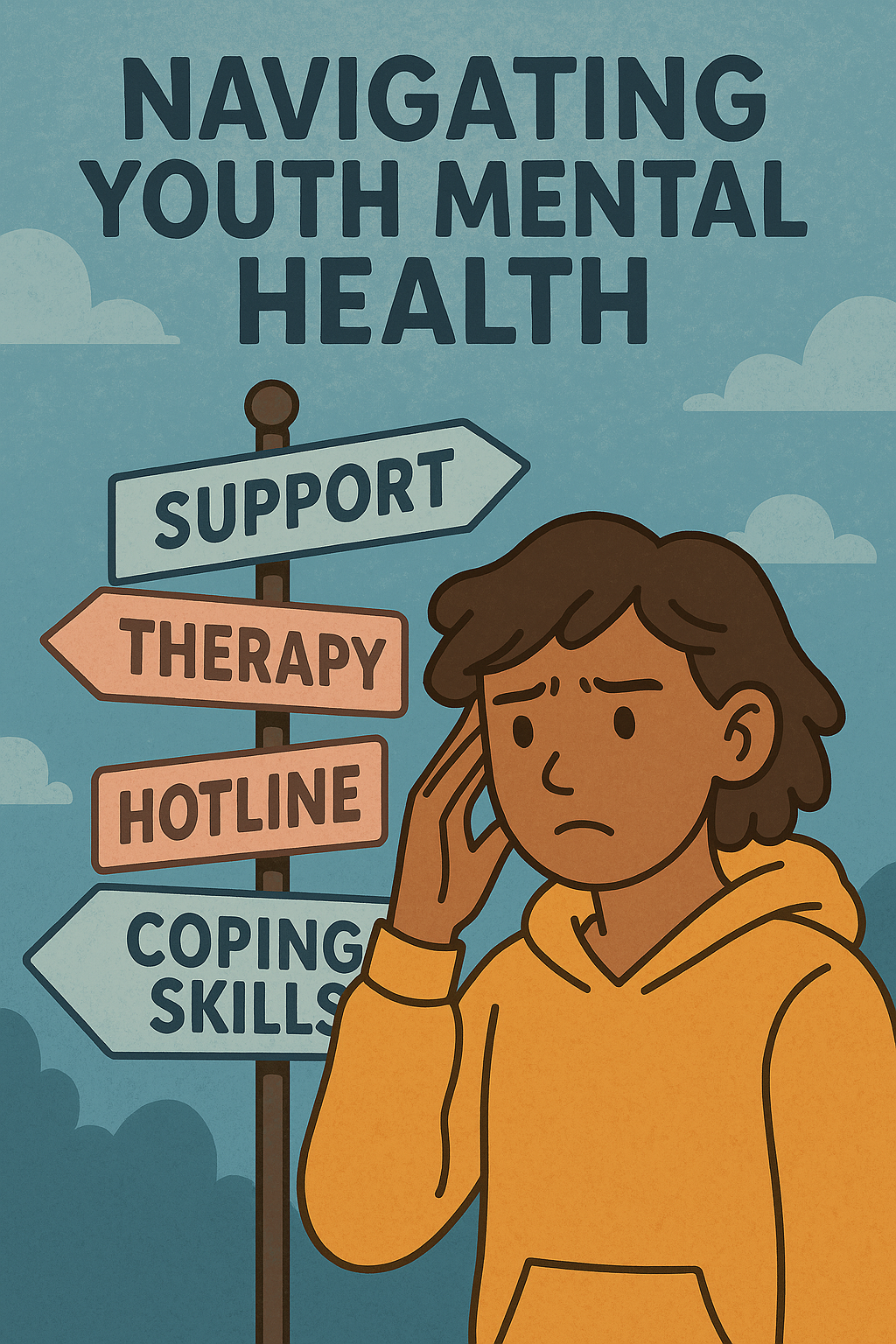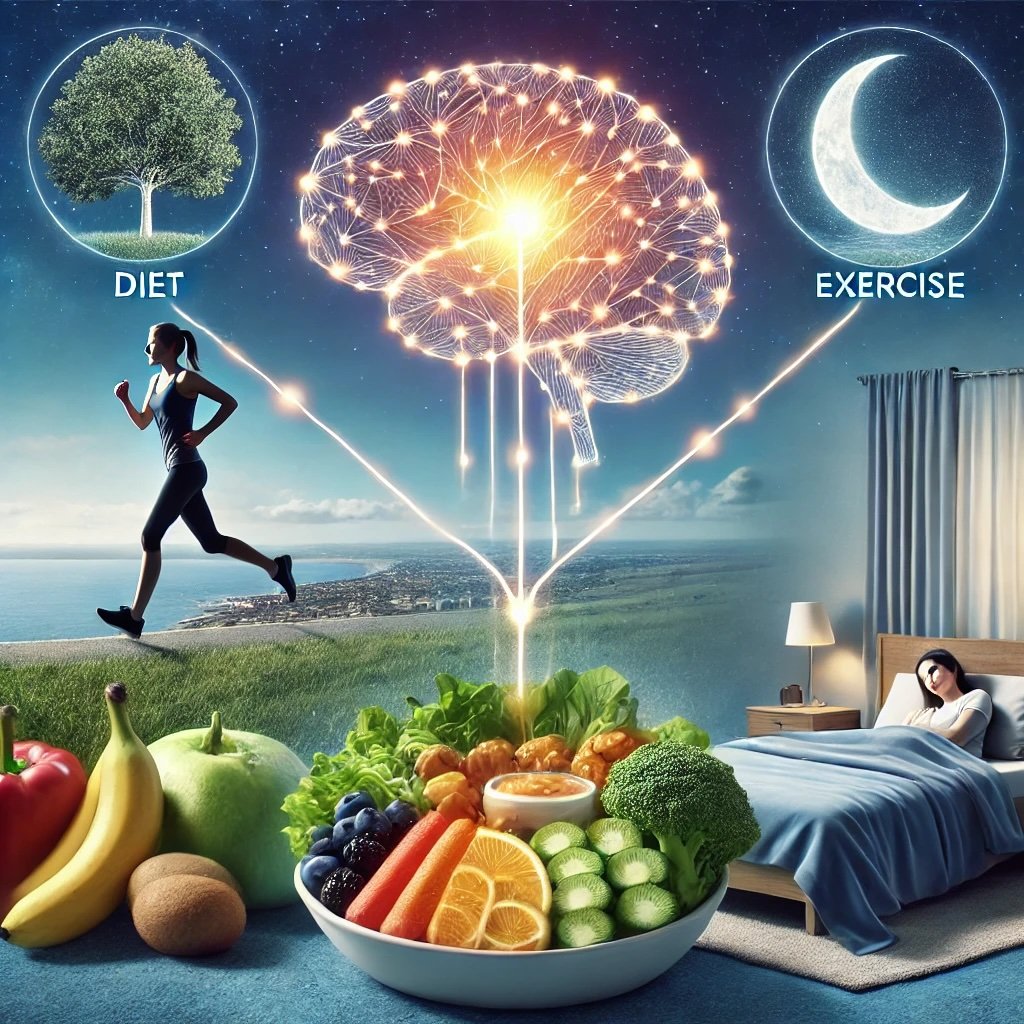
Managing Anxiety Through Leisure Activities: A Practical Guide
Leisure activities are not merely a way to pass the time. They are vital for mental health and well-being (Coleman & Iso-Ahola, 1993). Engaging in hobbies or interests can reduce stress by diverting the mind from anxious thoughts, providing a sense of accomplishment and improving mood (Pressman et al., 2009).

Exploring the Benefits and Risks of Anti-Anxiety Medication
Anxiety disorders are among the most common mental health conditions worldwide, affecting millions of individuals. For some, anxiety symptoms can be debilitating and impact their daily lives significantly. In such cases, anti-anxiety medications are often prescribed to help manage symptoms and improve quality of life. However, like any medication, anti-anxiety drugs come with both benefits and risks that need to be carefully considered.

Building Anxiety Resilience: Strategies to Strengthen Mental Well-being
Anxiety is a common mental health issue that affects millions of people worldwide. It can manifest in various ways, such as excessive worry, fear, and stress, leading to significant impairment in daily functioning. However, building anxiety resilience is possible with the right strategies and support systems in place. In this article, we will explore effective ways to strengthen mental well-being and cope with anxiety.

Overcoming Adverse Childhood Experiences and Loss: Strategies for Healing and Resilience
Adverse childhood experiences (ACEs) and loss can have profound and long-lasting effects on an individual's mental, emotional, and physical well-being. These experiences may include abuse, neglect, household dysfunction, traumatic events, and the loss of loved ones. However, it is important to remember that healing and resilience are possible, even in the face of such challenges. This article explores strategies for overcoming ACEs and loss, offering hope and guidance for those struggling with these difficult experiences.

Coping with Grief and Loss: Strategies for Healing
Grief and loss are universal experiences that affect individuals from all walks of life. Whether it is the death of a loved one, the end of a relationship, or a significant life change, the emotions of grief can be overwhelming and challenging to navigate. Coping with grief is a highly personal and unique process, and there is no right or wrong way to grieve. However, there are strategies and techniques that can help individuals cope with their emotions and move towards healing. This article aims to explore effective coping mechanisms for dealing with grief and loss, drawing on evidence-based practices and psychological theories.

Integrating Behavioral and Physical Health: A Personal Journey
I met Laura during a community health fair a few years ago. She was vibrant, engaged, and eager to share her story with anyone who would listen. As we chatted, it became clear that her journey in healthcare was one of transformation, centered around the integration of behavioral and physical health—an approach that ultimately saved her life.

Title: Navigating Youth Mental Health: A Personal Story and Broader Perspectives
In middle school, Emma started experiencing what she described as an unshakable cloud of sadness and anxiety. The pressures of academic success, social dynamics, and personal expectations began to weigh heavily on her shoulders. Emma's parents noticed subtle changes—a dip in her academic performance, withdrawal from friends, and changes in her sleeping patterns. Despite their concern, they initially attributed these changes to the typical struggles of adolescence.

Building Confidence for Children: Nurturing the Seeds of Self-Esteem
In the vibrant, ever-evolving tapestry of childhood, self-confidence is a cornerstone that sets the stage for a lifetime of emotional well-being and personal achievement. For young minds, believing in oneself is pivotal to overcoming challenges and embracing new experiences with courage and enthusiasm. The question for many caregivers and educators is: How do we cultivate and nurture this vital attribute in children?

The Unforgiving Waves: Navigating Life with Bipolar Disorder
In a world that often demands stability and predictability, living with bipolar disorder can feel like navigating a tumultuous sea—one moment, the horizon shines with promise, and the next, it’s obscured by storm clouds. Bipolar disorder, a mental health condition marked by extreme mood swings, affects millions globally, casting long shadows on the lives it touches. Despite being a prevalent condition, it remains shrouded in misunderstanding, stigma, and, often, isolation.

Understanding the Depths of Depression: A Cry for Compassion
Depression, often described in terms of clinical diagnostics and chemical imbalances, is much more than a series of symptoms recorded in medical textbooks. It is the silent cry of millions whose lives are obscured by an insidious fog that robs them of joy and inflicts an enduring pain beyond physical comprehension. In a world that often values hustle over heart, depression remains a deeply stigmatized condition, overshadowed by misunderstanding and neglect.

The Overwhelming Impact of PTSD on Patients and Their Families
Post-Traumatic Stress Disorder (PTSD) is a relentless affliction, casting long and dark shadows over the lives of not only those directly affected but also their families who navigate the turbulent waters alongside them. The emotional toll of PTSD is profound and far-reaching, disrupting the very fabric of familial relationships and everyday life.

Finding Hope in the Darkness: A Call to Action for Suicide Prevention
Every person is a beacon of light in this world, a unique and irreplaceable presence. Suicide is a tragic choice that extinguishes that light, leaving behind a void of grief and unanswered questions. Let us stand together, reach out, and offer help to those struggling in the darkness.

Unleashing Your Inner Strength: Steps to Improve Self-Esteem
In a world full of constant comparisons and self-doubt, it can be easy to lose sight of our own worth and potential. Low self-esteem can hold us back from pursuing our dreams, forming meaningful relationships, and living a fulfilling life. However, it is crucial to remember that self-esteem is not something fixed or predetermined; it is something that we can actively work on and improve. By taking concrete steps to boost our self-esteem, we can unlock our inner strength and unleash our full potential.

Understanding and Addressing Workplace Bullying
Workplace bullying is a pervasive issue that can have detrimental effects on both employees and organizations. It refers to repeated and unreasonable actions directed towards an employee or a group of employees, which can cause physical, emotional, and psychological harm (Lutgen-Sandvik, 2007). Addressing workplace bullying is essential for creating a healthy work environment and maintaining employee well-being.

The Profound Impact of Diet, Exercise, and Sleep on Mental Health
In today's fast-paced world, the pursuit of mental well-being has become a shared goal. While therapy and medication are often emphasized, the foundational pillars of diet, exercise, and sleep quietly play a monumental role in shaping our mental health. Their influence is profound, affecting every emotion, every thought, and every action in our daily lives.

Generalized Anxiety and Miscommunication
Generalized Anxiety Disorder (GAD) is characterized by persistent and excessive worry about various aspects of daily life, such as health, finances, or work, which individuals find challenging to control (American Psychiatric Association, n.d.). This pervasive anxiety can significantly impact communication, leading to misunderstandings and strained interactions.

The Transformative Power of Telemedicine and Telehealth in Improving Patient Outcomes
Telemedicine and telehealth have rapidly emerged as transformative forces in the healthcare industry, offering innovative solutions that significantly improve patient outcomes. These technologies extend the reach of healthcare services beyond traditional brick-and-mortar settings, making healthcare more accessible, efficient, and patient-centered. By leveraging telecommunications and digital technology, these fields address a wide array of challenges faced by the healthcare system, from increasing access to care to enhancing the quality and continuity of care.

Understanding Tourette Syndrome and Other Tic Disorders: Insights from Breyland Outloud on Max and the Importance of Diagnosis
Tourette Syndrome (TS) and other tic disorders are neurological conditions characterized by involuntary, repetitive movements or vocalizations known as tics. These conditions often emerge in childhood and can significantly impact an individual’s daily life, social interactions, and self-esteem. Recent media representations, such as the documentary Breyland Outloud on Max, have shed light on the lived experiences of individuals with tic disorders, helping to destigmatize these conditions and emphasize the importance of early diagnosis and support.

Navigating the Waves of Uncertainty: Finding Strength in Trying Times
In a world where change is the only constant, uncertainty can feel like a relentless tide, often leaving us adrift with feelings of anxiety and helplessness. Over the past few years, global events such as pandemics, economic fluctuations, and social unrest have amplified these feelings for many. During such trying times, finding resilience amidst uncertainty becomes not just beneficial but essential.

The Psychological Impact of Fear as a Tool for Mass Control
Fear is one of the most powerful and pervasive emotions that can influence human behavior on both an individual and societal level. It has been used throughout history as a means of controlling the masses, instilling compliance, and manipulating public opinion. However, the impact of fear on the human brain can be destructive, leading to a range of negative consequences for mental health and well-being. Understanding how fear operates as a tool of control and learning strategies to keep calm during high-stress events is crucial for maintaining psychological resilience and autonomy.
